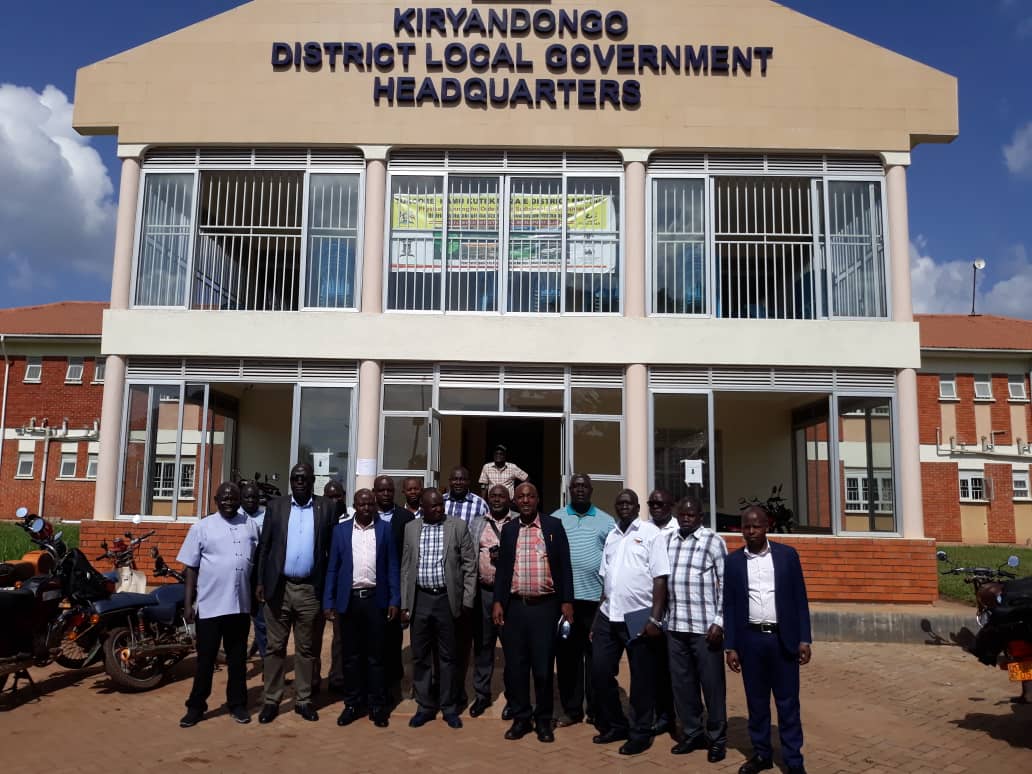The government has announced the construction of 150 kilometers of community access roads in the Acholi region. This project is part of the National Oilseeds Project and is scheduled to start in August this year.
Project Overview
The roads will be built to district class-three standards in ten selected sub-counties in the Acholi region. These roads are a part of a larger initiative to construct 2,500 kilometers of community access roads across 81 districts in northern, mid-northern, West Nile, eastern, mid-western, and Karamoja regions. This project, costing $160.69 million, is being implemented by the Ministries of Local Government and Agriculture.
Eng. Gilbert Okwong, a civil engineer with the National Oilseeds Project, informed New Vision Online that the road designs are complete. The call for contractors will be made before the end of May, with the expectation that construction will begin in August and be completed by June next year. “We expect the procurement process to take about two months. By August, we should have contractors on board,” Okwong stated.
Purpose and Benefits
The roads are part of the market linkage infrastructure component of the Oilseeds Project. Once completed, these roads will help farmers who grow oilseeds like sesame, sunflower, groundnuts, and soybeans connect to markets more easily. The second component of the project focuses on developing the oilseed value chain.
Stakeholder Concerns
On May 15, 2024, a stakeholder meeting was held at Acholi Inn in Gulu City. The meeting included district leaders and farmer groups from the benefiting districts. Stakeholders expressed their concerns about the slow pace of the project, which was launched in 2021 and is supposed to run for seven years.
Michael Lakony, the chairperson of Amuru District, criticized the lack of visible progress in his district. He also accused the government of wasting resources on meetings instead of benefiting the intended recipients. “Sometimes, Parliament allocates funds, but technical staff misuse the money for administrative purposes,” Lakony said.
Christopher Opiyo Ateke, the chairperson of Gulu District, also expressed worry about the slow implementation. He noted that many district leaders and locals are unaware of the National Oilseeds Project, which needs to be addressed by the project implementers.
Challenges and Solutions
Douglas Peter Okello Okao, the chairperson of Omoro District, highlighted challenges such as low market prices for oilseeds, an incomplete value chain, exploitation by middlemen, and climate change. Despite these issues, he emphasized the need to continue mobilizing farmers to participate in the oilseed project and form cooperative societies to negotiate better prices collectively.
Government Response
Agriculture State Minister Fred Kyagulaga Bwino acknowledged the project’s slow pace but explained that implementers were procuring necessary logistics. He encouraged farmers to engage in oilseed production due to high demand exceeding supply.
Funding and Support
The National Oilseed Project is funded by several organizations, including the International Fund for Agricultural Development (IFAD), the OPEC Fund for International Development, Heifer Project International, the Uganda Government, and the Private Sector Foundation Uganda.




















